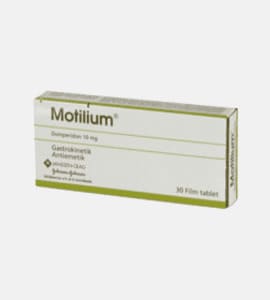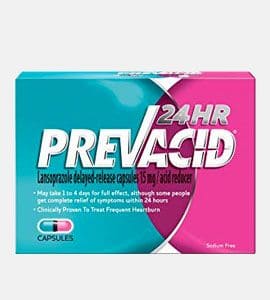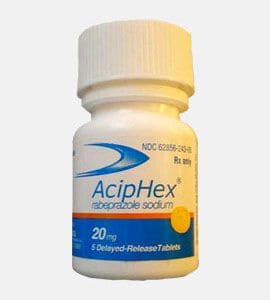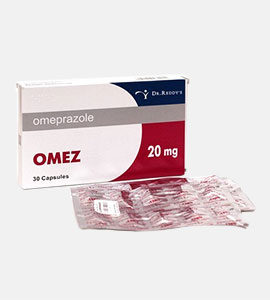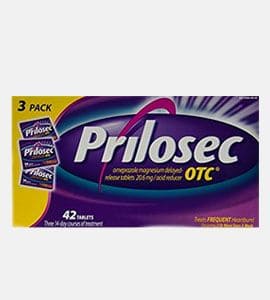Common use
Oxybutynin is an antispasmodic, anticholinergic agent which used to treat symptoms of overactive bladder, such as incontinence, frequent or urgent urination, and increased night-time urination. Oxybutynin relaxes muscles in the bladder.
Dosage and direction
Take it orally, with or without food, or with a full glass of water/milk. The recommended dose for adults is one 5 milligram tablet taken 2 to 3 times a day. You should not take more than 4 tablets a day. The recommended dose for children over 5 years of age is one 5 milligram tablet taken twice a day. The most a child should take is 3 tablets a day. Do not use oxybutynin in children under 5 years of age. Note: this instruction presented here just for review. It's very necessary to consult with your doctor before using. It helps you to get the best results.
Precautions
Oxybutynin should be used with caution in the frail elderly and children who may be more sensitive to the effects of the product and in patients with autonomic neuropathy, hepatic or renal impairment and severe gastro-intestinal motility disorders. Do not drive or operate machinery or participate in any hazardous activity because Oxybutynin may cause drowsiness or blurred vision. Oxybutynin may make worse the symptoms of overactive heart disease or congestive heart failure, thyroid, high blood pressure, irregular or rapid heartbeat, or an enlarged prostate. Oxybutynin can cause decreased sweating; in high environmental temperatures, this can lead to heat prostration. Special concern should be taken in patients with hiatus hernia associated with reflux oesophagitis, as anticholinergic drugs can worsen this condition. Ditropan should not be used during pregnancy, becoming pregnant or lactating without doctor's advice. Do not use Oxybutynin before breast-feeding without doctor's permission.
Contraindications
Oxybutynin is not allowed to people who are hypersensitivity to oxybutynin or any component. Also contraindicated in people with urinary retention, gastric retention and other severe decreased gastrointestinal motility conditions, uncontrolled narrow-angle glaucoma and in patients who are at risk for these conditions.
Possible side effect
They may include all types of an allergic reaction. Also, the most possible side effects include hot, dry skin and extreme thirst; severe stomach pain or constipation; pain or burning when you urinate; urinating less than usual or not at all. Less serious include: dry mouth; dry eyes, blurred vision; mild constipation; diarrhoea; nausea, mild stomach pain or upset; dizziness, drowsiness, weakness; headache; sleep problems; runny nose. If you experience one of them stop using Oxybutynin and tell your doctor as soon as possible. Also, consult with your doctor about any side effect that seems unusual.
Drug interaction
Oxybutynin interacts with the following list of drugs: other bladder or urinary medications such as darifenacin, flavoxate, tolterodine, or solifenacin; glycopyrrolate; flecainide; mepenzolate; thioridazine; HIV /AIDS medicine such as nelfinavir or ritonavir; an antibiotic such as clarithromycin, erythromycin or troleandomycin; atropine, benztropine, dimenhydrinate, methscopolamine, or scopolamine; bronchodilators such as ipratropium or tiotropium; an antifungal medication such as itraconazole or ketoconazole; irritable bowel medications such as dicyclomine, hyoscyamine, or propantheline; an antidepressant such as amitriptyline, fluoxetine, fluvoxamine, clomipramine, desipramine, doxepin, imipramine, nortriptyline, paroxetine, and others. Also, note that the interaction between two medications does not always mean that you must stop taking one of them. As usual, it affects the effect of drugs, so consult with your doctor about how it interactions are being managed or should be managed.
Missed dose
If you forgot to take your dose in time, please do it as soon as you remember. But do not take if it is too late or almost time for your next dose. Do not increase your recommended dose. Take your usually dose next day in the same regularly time.
Overdose
Symptoms of Oxybutynin overdose may include restlessness, fever, uneven heart rate, tingly feeling, vomiting, and urinating less than usual or not at all. If you experience one of them or unusual symptoms call your doctor immediately.
Storage
Store at room temperature between 20-25 C (68-77 F).
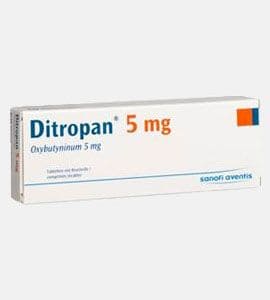

 English
English
 Français
Français
 Deutsch
Deutsch
 Čeština
Čeština
 Español
Español
 Italiano
Italiano
 العربية
العربية
 GBP
GBP


